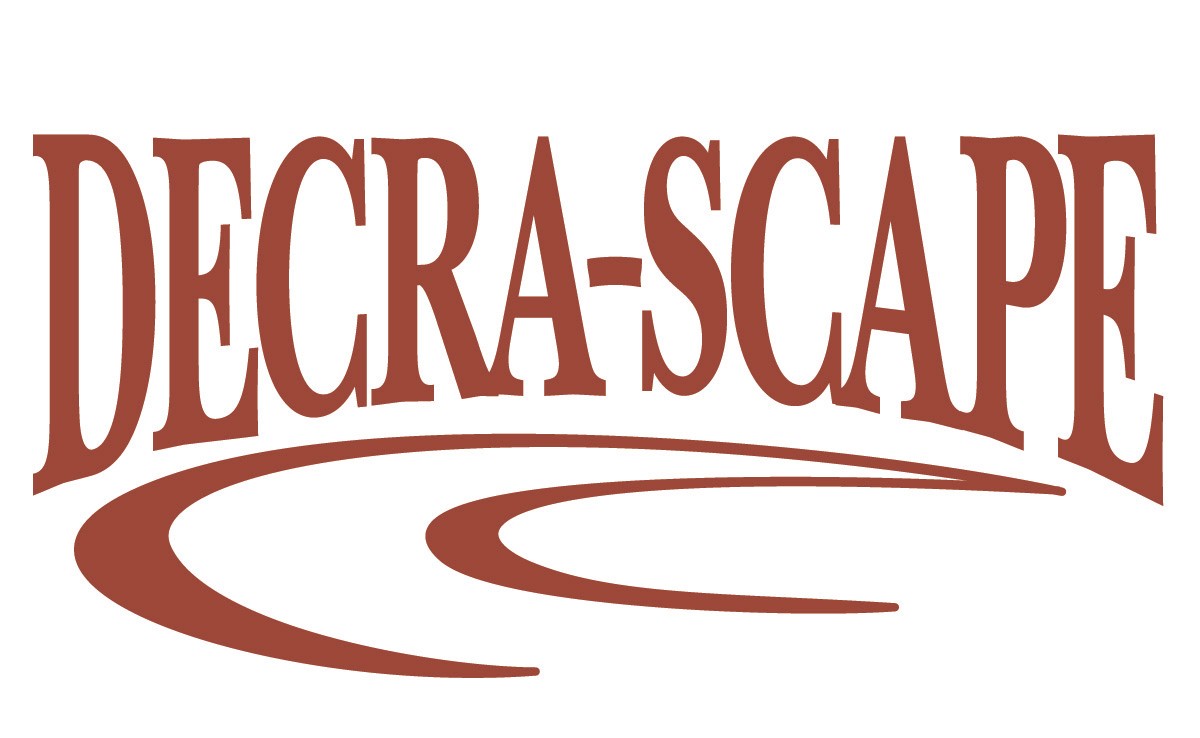The most amazing outdoor living spaces tend to have something in common: an excellent patio.
Why? A patio not only provides a stage for all your family’s favorite activities but also adds a sense of permanent beauty to your landscape.
But how long will your patio last? To establish your preferred style and ensure a long-lasting patio, selecting the right materials is crucial. Let’s look at a great option in more detail—especially considering longevity and durability.
The Benefits of Brick Pavers
Among the various options available, brick pavers stand out for their durability, aesthetic versatility, and ease of maintenance.
In fact, brick pavers can last anywhere from 25 to 50 years, depending on factors such as:
Installation quality
Maintenance
Material quality
Usage
Climate conditions
High-quality pavers, when properly installed and maintained, lean toward the upper end of paver lifespans, offering decades of durable service.
Regular maintenance, including sealing and cleaning, plays a crucial role in achieving this longevity.
How Should Brick Pavers be Used?
Brick pavers are made of concrete but are designed to emulate the look of traditional clay bricks. They feature beautiful textures and rich colors that can last for generations, offering a broader range of design options compared to poured concrete.
Read more: Clay vs. Concrete Pavers
When it comes to longevity, brick pavers are unmatched, potentially lasting decades or more, depending on the quality of the installation and ongoing maintenance.
Keep in mind that the precision manufacturing of concrete brick pavers results in a product that is uniform in size and shape—and less prone to degradation over time.
Quality Construction is Key to Success
The durability of a brick paver patio hinges significantly on the quality of its installation. This process involves preparing a well-compacted base, ensuring proper slope for drainage, and using solid edge restraints to prevent shifting
Skimping on these foundational steps can lead to issues like paver movement or cracking, compromising the patio's longevity and appearance. So be sure to work with a high-quality installer with a record of excellence.
Enhancing Durability Through Maintenance
To further prolong lifespan, sealing brick pavers can protect against moisture and the freeze-thaw cycle (although premium pavers might not require this step).
Sealed pavers should undergo re-sealing every 3 to 5 years to maintain their surface and structural integrity. Regular sealing not only protects the pavers but also enhances their color, keeping them vibrant for decades.
Permeable Pavers: A Sustainable Option
Opting for permeable pavers can enhance the durability and eco-friendliness of your patio. These pavers allow water to seep through the surface to the ground below, reducing runoff and the potential for water damage.
Permeable pavers are especially beneficial in climates prone to heavy rainfall or freeze-thaw cycles, like Michigan, where permeability can contribute to the overall longevity of the patio.
Conclusion
A brick paver patio represents a lasting addition to any outdoor living space, blending beauty, functionality, and durability. By choosing the right materials and ensuring quality installation and maintenance, homeowners can enjoy their patios for many years to come.
Have questions about your patio? We’d love to discuss with you.
For more inspiration, check out our gallery of our work, read more on the blog, or catch up with us on Instagram.



